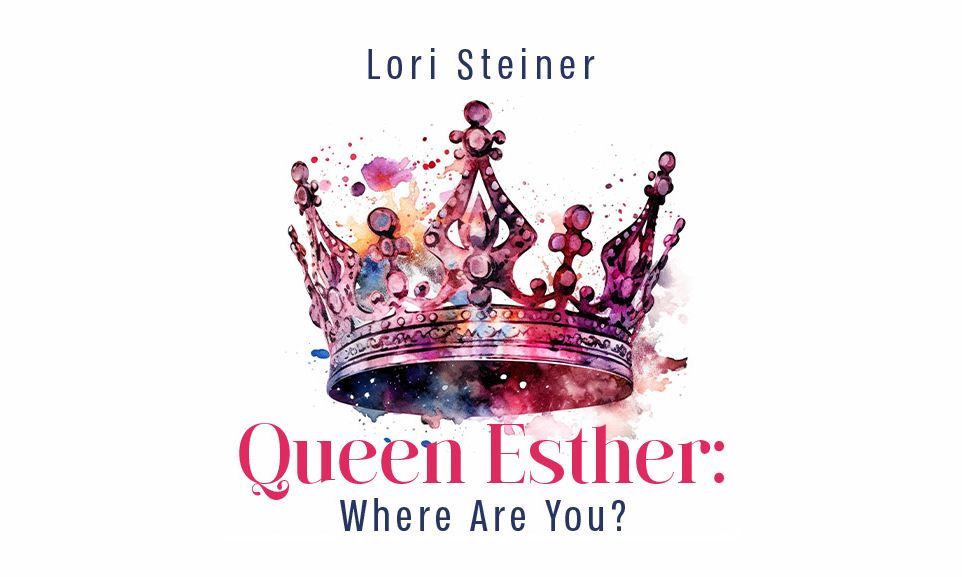
Queen Esther: Where Are You?, Part 1
We see a modern-day Haman, Achashverosh, and Mordecai. But where is a Queen Esther to prompt us to make teshuva and return to Hashem?

Today is but a reflection of the history of the Jewish people. As it is said, “There is nothing new under the sun.” (Kohelet 1:9) When we hear the Megillat Esther two times on the holiday of Purim, we fulfill this mitzvah only when we can apply the story to our lives today. We must not listen to it as merely an historical event, for it has great relevance in the here and now. History repeats itself when we do not listen to the messages and correct the problem for the future.
Antisemitism rises against us when we do not connect to G-d on His terms nor show love, respect, and unity from within based on traditional values. Hence, we have a re-enactment of the drama, where G-d is hidden behind the scenes, but like a masterful Conductor, He orchestrates all events—those that came to pass, are coming to pass now, and will come to pass in the future. We, the Jewish people, play a vital role in the conclusion, but we must change our modus operandi to align with G-d’s expectations of His children. Every Jewish person is obligated, for every single one of us is vital to the functioning of our world. No one is exempt from trying and from returning to G-d in sincere teshuvah: to learn, to grow, to put in effort to reach his/her potential, to do mitzvot, to celebrate Shabbat according to Jewish law, to celebrate Jewish holidays, and to teach the Torah and Judaic philosophy to our children. The meaning of life unfolds as we perform these precious, life-sustaining actions.
So where is Queen Esther? In 2015 we had a similar setting in Iran, modern-day Persia, with some of the same characters assuming their roles in the unfolding of the Purim story, which originally lasted nine years. Currently, however, we have no Queen Esther. Perhaps the “modern” Queen Esther will appear as many women join together, dancing in a circle. There is a definite indication that Jewish women are needed to exert their feminine power in this last and final exile before the arrival of Mashiach. The calm before the storm is winding down. Violence has broken out in places where we could not imagine occurring. It is time to take a stance.
We have in our cast of characters, the evil Haman, a descendant of Amalek, who wanted to annihilate the Jewish people, chas v’shalom (G-d forbid). He worshiped himself and had no deference for G-d. He expected all to prostrate themselves to him and the idol he wore around his neck. The modern-day Haman is, of course, the Supreme Leader of Iran, none other than Ayatollah Khamenei, whose very name contains within it that of the Biblical Haman. He was intent on building weapons of mass destruction, nuclear weapons, with the goal of destroying the state of Israel. He supported radical Islam and posed a threat to the entire world. Of course, he was but a pawn in Hashem’s arsenal of tools to awaken all of us, the Jewish people, out of our spiritual slumber and become who we were created to be.
Then, we had King Achashverosh, also an antisemite of sorts albeit not nearly as blatant, who found the Jewish people to be more of an annoyance or an irritant than anything else—a people who posed an obstacle to his own desire for self-worship and egocentric ambitions. This role was filled then by none other than President of the United States of America, Barack Hussein Obama, who, on the surface, wanted to appear as an ally of the Jewish people but was conferring with Iran. (Side note: Is it any different in 2024?) His role was perfectly cast by Hashem as the modern-day King Achashverosh, whose demeanor appeared markedly similar to that of the current actor in the drama unfolding. In days of old the King threw a party with kosher food and invited Jewish people to attend, so he seemed friendly enough, but he, too, had no qualms about consenting to a plan that called for the total annihilation of the Jewish nation. Does this ancient plan sound similar to the “bad deal” accepted by Congress with regard to the propagation of nuclear armaments in Iran? The story is repeating itself. Our hero Mordecai saved the king from the plot of two courtiers, Bigthana and Teresh, who wanted to kill Achashverosh. In this manner, Mordecai won favor in the king’s eyes.
In 2015, we had a new Mordecai–Prime Minister Benjamin Netanyahu of Israel whose controversial decision to address the United States Congress took place on Tuesday, March 3, 2015, right before Purim. His speech was powerful and well-delivered. American Jews and Congress seemed to favor his ideas. The original Mordecai “garbed himself in sackcloth and ashes and went out to the midst of the city [of Shushan], calling upon all Jews to repent.” (Esther 4:1)
Queen Esther was against this display of despair because that is not what Hashem wants. He wants us to understand our situation, be joyful, have emunah (faith in Hashem), thank G-d for the challenge, and then set out to improve ourselves, grow toward the fulfillment of our spiritual potential, and perform the necessary spiritual tasks. Queen Esther, in days of old, led all the Jewish people in a three-day fast and prayer to petition G-d for His help. She supported Mordecai but was more proactive by including Hashem in a relationship that would transform the entire situation. Our people performed sincere and dedicated teshuvah as they promised to return to Hashem. It was only then that Queen Esther could garner the courage to confront King Achashverosh and feel confident that her physical plan would have a chance of saving the Jewish people as she knew she was the agent whom Hashem chose to represent Him. G-d allowed the Jewish people to be victorious by virtue of the sincere spiritual efforts of Mordecai and Queen Esther that drew the people together in spiritual practice and return.
The Prime Minister of Israel in his role as Mordecai has changed, and he is working diligently for Israel primarily by virtue of his own merit without summoning the support of worldwide Jewry to improve their relationship with Hashem through return. What he needs to realize is that none of us—not Congress, not the United Nations, not President Obama nor the current President of the United States, Joe Biden, not the Israeli government, and not even the Israeli Defense Force (may G-d protect all the soldiers) are in control of the outcome–the success–of all the hard work that is being performed by the Prime Minister and those who defend and protect Israel. Therefore, it would behoove the Prime Minister to consider an appeal to us, the Jewish people around the world, to initiate major changes in our lifestyles as time may be running out. Bibi did, to his credit, pray at the Kotel before and after his re-election as Prime Minister of Israel back in 2015. Also, his speech at the United Nations in 2015 included a poignant 44 seconds of silence to represent how silent the world is over the plight of Israel. (BTW, 4+4=8, the numerical equivalent of that which is above nature).
The silence of the world indicates that we must turn to the only One Who can help us. It is incumbent upon our Jewish leader (or leaders) to wake up to trying a new approach. A true leader of Israel must don a kippah, make a global plea to Jewish souls wherever they may live to start honoring the Shabbat, to request that women light Shabbat candles on time and men don tefillin, to encourage us all to incrementally learn how to return to Hashem, to make a global appeal to his own people the world over to tighten up in observance for the sake of Israel and for the sake of the future of the Jewish people. Most important is hitbodedut (personal prayer) – encouraging our brothers and sisters to talk sincerely to Hashem with contrition and desire to do what is necessary to bring more light to the darkness. He must listen to the pleas of women like the mother of the young fallen martyr, Naftali Frankel, killed in the prime of his life. She acted much like Queen Esther in her appeal to world Jewry to take upon themselves more mitzvot in the merit of her son, ob’m. The Prime Minister must echo and support her words with suggestions for connecting tightly to Hashem for the sake of the survival of Israel without the need for more bloodshed.
Character refinement and making Judaism the most important part of a Jewish person’s family life are critical to success for the Jewish nation. Hashem wants faith, our trust, and our belief in Him as the loving Father that He is. To show our emunah we must speak to Hashem for 30-60 minutes daily. Each person needs to be encouraged to look at his/her life and analyze exactly what is needed to strengthen the relationship with the Almighty. Every heartfelt personal communication with Hashem brings in new light.
Continued in Part 2.
***
Lori is an educator and life optimization coach. Her book entitled Living in Happiness: The Call to Return is available on BookBaby Bookshop currently with a 20% discount for our readers, when applying the code UNITY20.



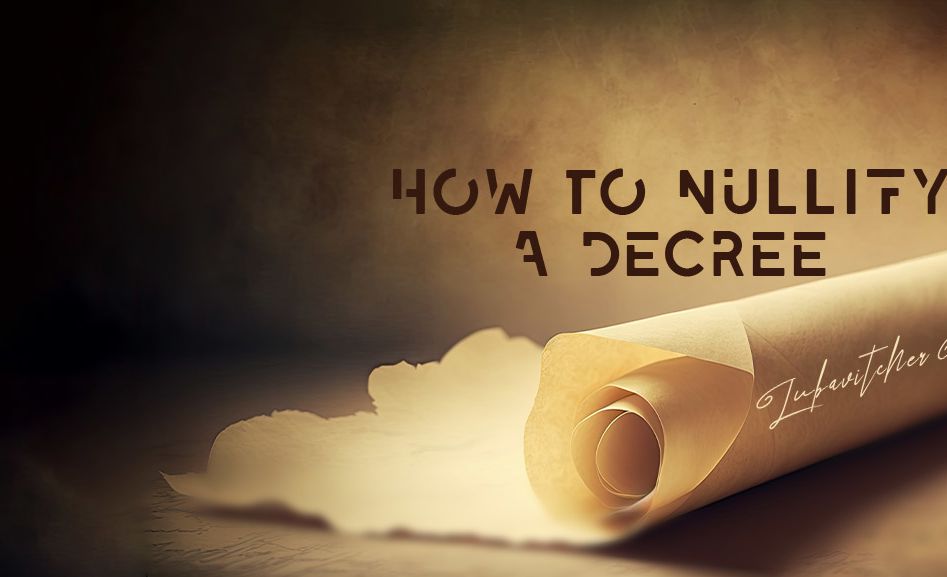
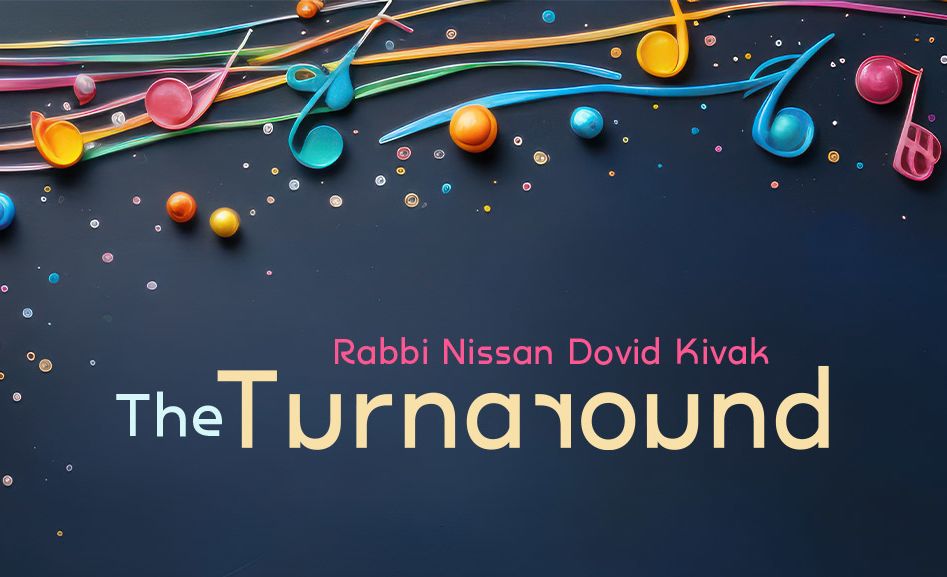
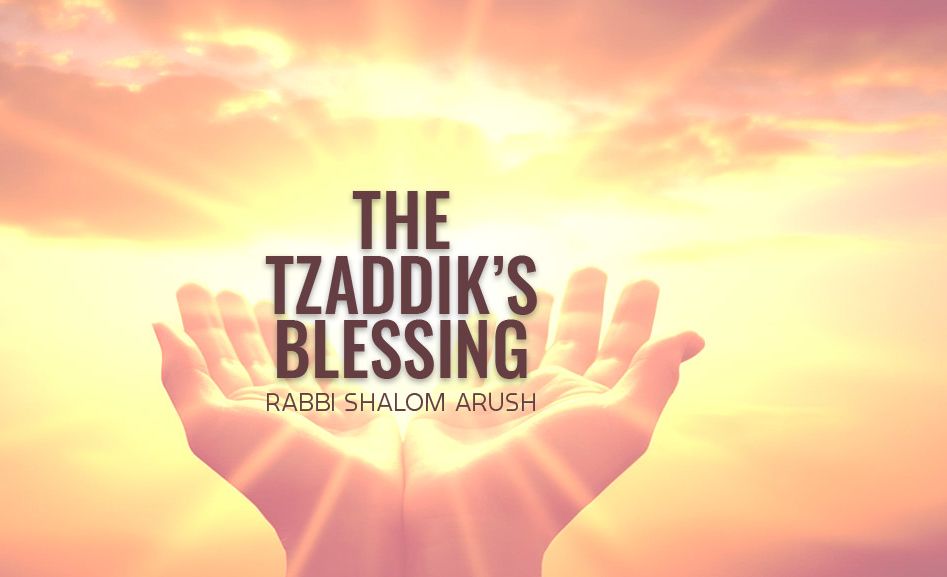


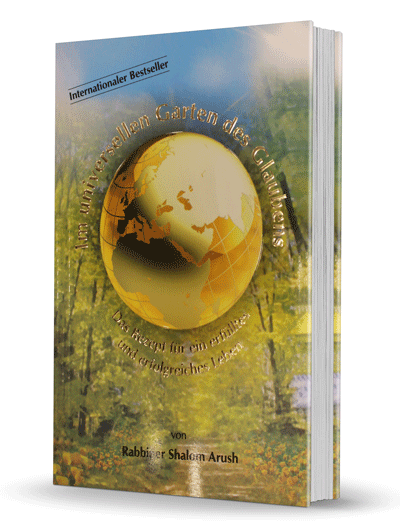

3/25/2024
As an Israeli, I don’t view our Israeli politicians as leaders of the Jewish people. They are strictly politicians, which neither Mordecai nor Esther were (Mordecai was appointed Viceroy only after the Purim event).
Aren’t the true leaders of the Jewish people our gedolim, rabbanim, and tzaddikim? They have been working tirelessly with am Yisrael to do teshuvah. [Today is Harav Hagaon Chaim Kanievsky’s date of passing – a gaon who dedicated his life to helping am Yisrael strengthen their Yiddishkite.] Indeed, Harav Arush and others in outreach have mentioned several times that never has such a teshuvah movement taken place – they cannot keep pace with it! We’re not waiting for the politicians!
So, at least from the view here in eretz Yisrael, we have wonderful Mordecai’s and Esther’s.